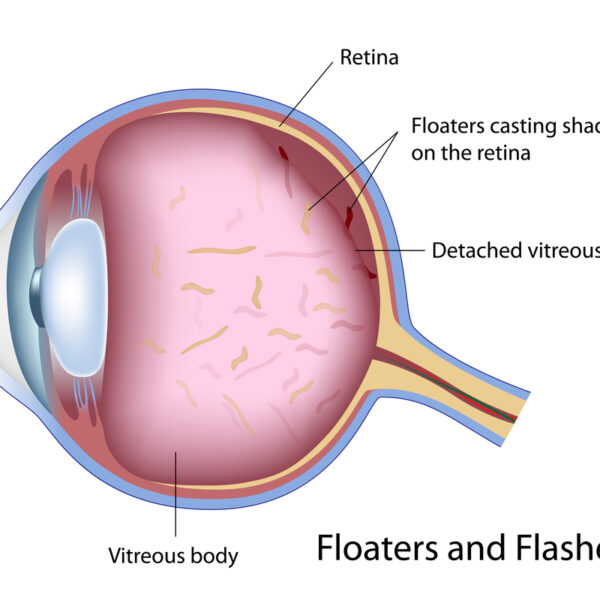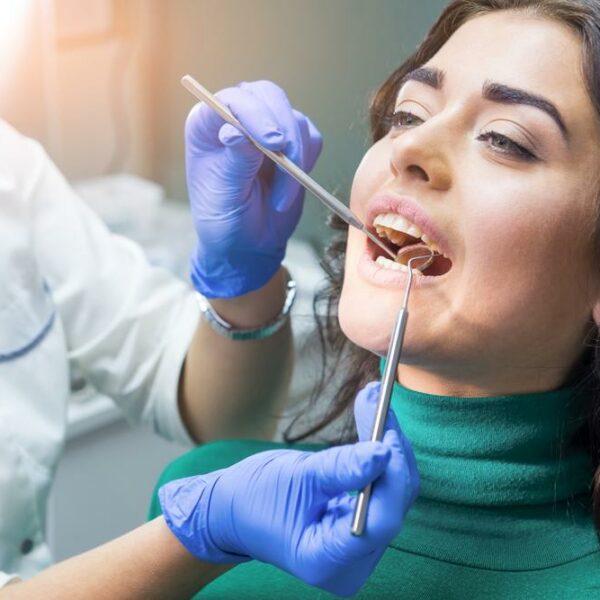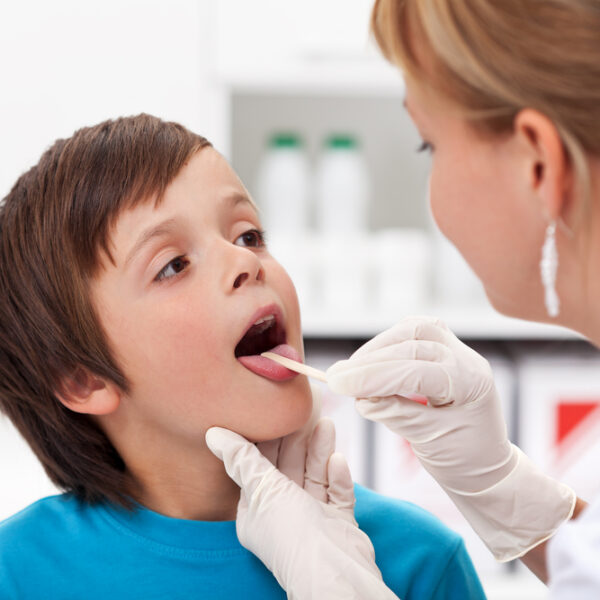
An Overview Of Breast Cancer
All about breast cancer treatments Quote – “Your illness does not define you. Your strength and courage does”. – Anonymous The breast is one of the most sensitive areas of a woman’s body and is composed of many types of tissues. It comes as no surprise that there are many types of breast cancer as well. Like any other cancer, breast cancer also begins without any significant symptoms. However, awareness campaigns through various media have been a success, wherein most women have been taught the process of self-examination. This is important since even innocuous lumps and early detection of breast cancer has rendered cancers often curable in many cases through treatments, which may have otherwise been metastatic. The mortality rates have also decreased consequently. In spite of all the improvements in detection, treatment, and management, cancers do go on to become killers. What are the types of breast cancers? Angiosarcoma is a type of cancer that starts inside the blood and lymph vessels; this is a rare type of cancer. Ductal Carcinoma In Situ (DCIS) is a common type of breast cancer. It is usually detectable in the initial stages and is curable. It has only low potential to be invasive.









